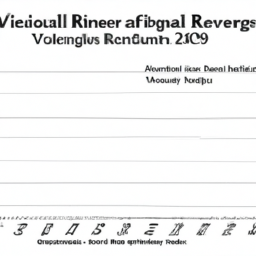The Investment Advisers Act of 1940 (Advisers Act) is a federal statute that regulates the activities of Investment advisers in the United States. It is designed to protect investors from fraudulent and unethical conduct by Investment advisers. The Advisers Act also requires Investment advisers to register with the Securities and Exchange Commission (SEC).
Under the Advisers Act, an Investment adviser is defined as any person or entity that provides advice and services for a fee related to investing in securities. This definition includes asset managers, financial planners, stockbrokers, and other financial professionals who offer advice to investors.
The primary purpose of the Advisers Act is to ensure that Investment advisers act in their clients' best interests. To this end, the Advisers Act requires Investment advisers to disclose all material facts relating to their services, fees, and any potential conflicts of interest. The Act also requires advisers to comply with fiduciary duties, such as the duty of loyalty, the duty of care, and the duty of disclosure.
The Advisers Act also requires Investment advisers to register with the SEC. This registration process requires the adviser to submit a Form ADV, which provides detailed information about the adviser's business practices. The SEC also conducts periodic examinations of Investment advisers to ensure compliance with the Act.
Exempt reporting advisers, a subset of Investment advisers, are not required to register with the SEC. However, they are still required to comply with the provisions of the Advisers Act. Exempt reporting advisers are also subject to SEC examinations, and must file periodic reports with the SEC.
The Advisers Act also requires Investment advisers to use third-party custodians to store their clients' digital assets. Investment advisers must also comply with the provisions of the Investment Company Act of 1940, which governs the activities of mutual funds, exchange-traded funds, and other securities.
In addition, the SEC has proposed new rules under the Advisers Act to establish certain requirements for Investment advisers that advise ESG investors. These rules would require Investment advisers to provide disclosure of their ESG practices and policies.
The SEC also has the authority to bring enforcement actions against Investment advisers who violate the provisions of the Advisers Act. For example, the SEC recently charged an adviser with violations of the antifraud provisions of the Act. The SEC also has the authority to assess civil penalties on advisers who violate the Act.
It is important for investors to understand the implications of the Investment Advisers Act of 1940. The Act is designed to protect investors from fraudulent and unethical conduct by Investment advisers. By understanding the provisions of the Act, investors can make informed decisions about their Investment and ensure that their Investment are managed in their best interests.
